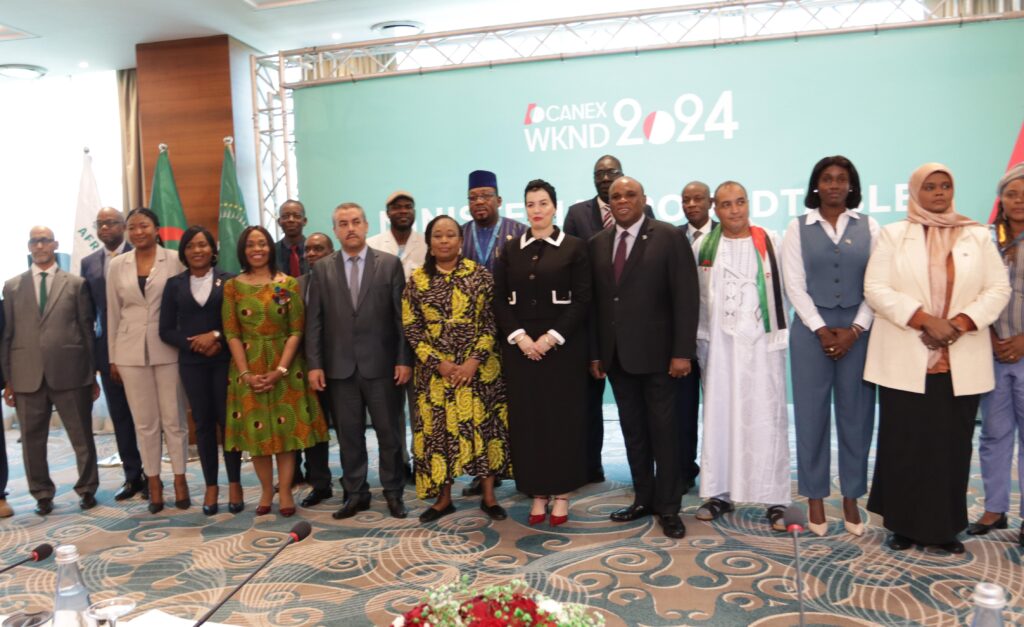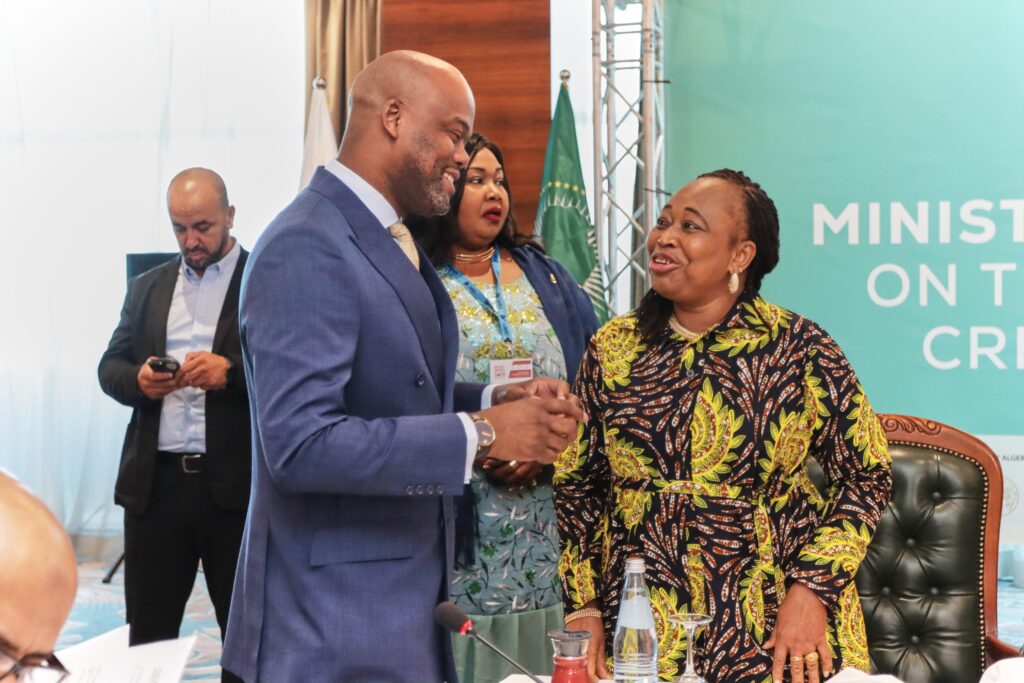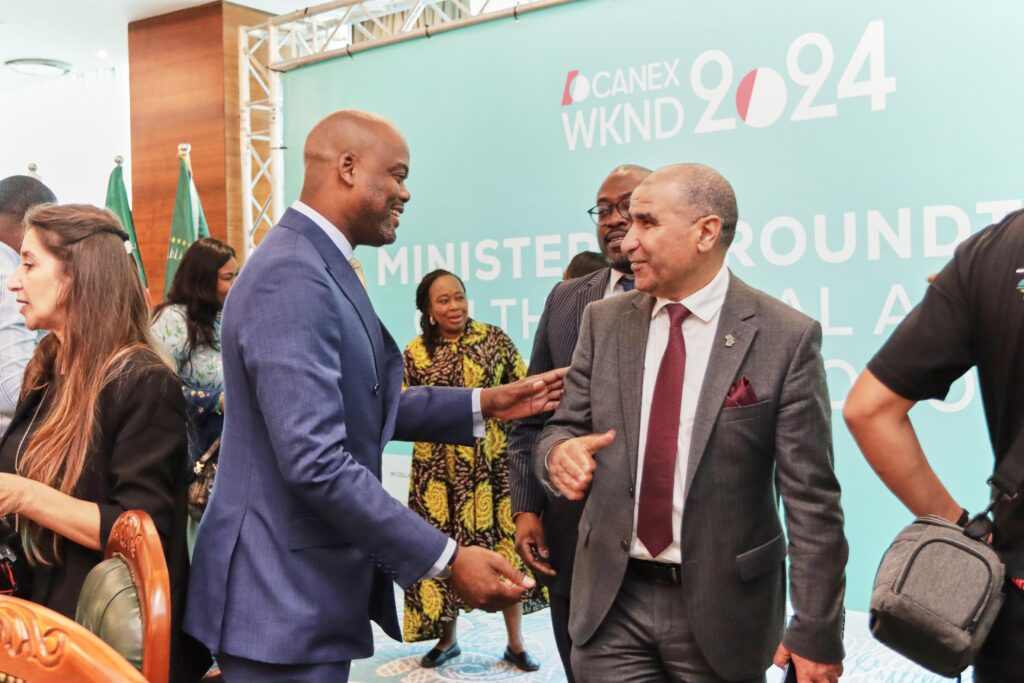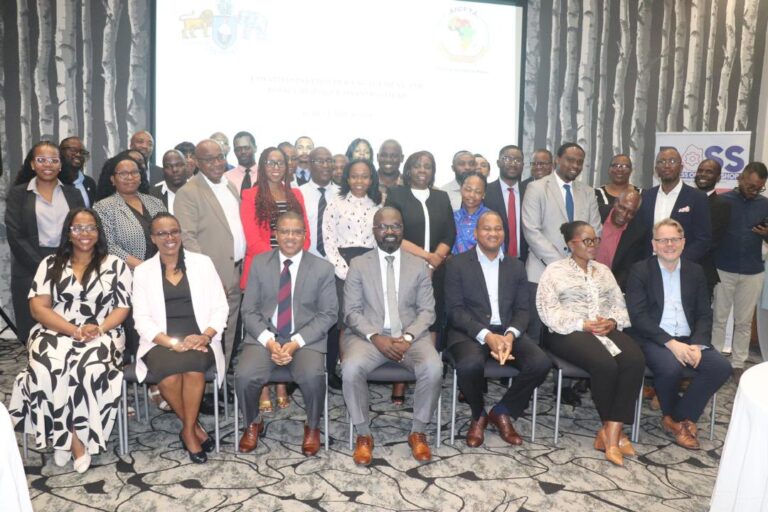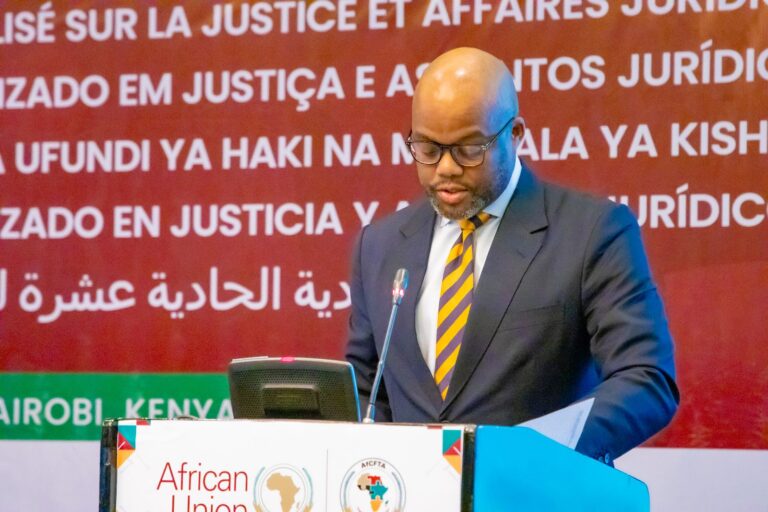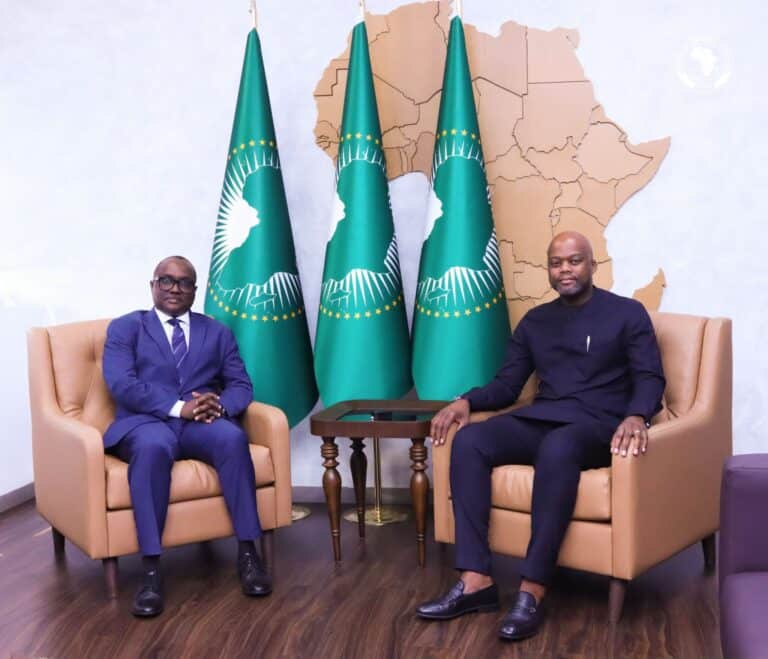Algiers, Algeria, 16 October 2024
During the Ministerial Round Table at the Creative Africa Nexus Weekend (CANEX WKND 2024), H.E. Wamkele Mene, Secretary-General of the AfCFTA Secretariat, delivered compelling remarks on the transformative potential of the AfCFTA for Africa’s creative and cultural industries. This event, themed “Unlocking Opportunities for the Cultural and Creative Industries in Global Africa,” placed the spotlight on the immense economic and cultural value that these sectors represent.
The Secretary-General emphasised that the AfCFTA is more than just a trade agreement; it is a catalyst for economic growth and integration, providing a platform for Africa’s creative industries to thrive. By reducing trade barriers and facilitating the free movement of people, goods, and services, the AfCFTA is unlocking opportunities for artists, creators, and cultural enterprises across the continent. He highlighted how these efforts can boost intra-African trade, foster industrial growth, and significantly increase the value of creative and cultural goods.
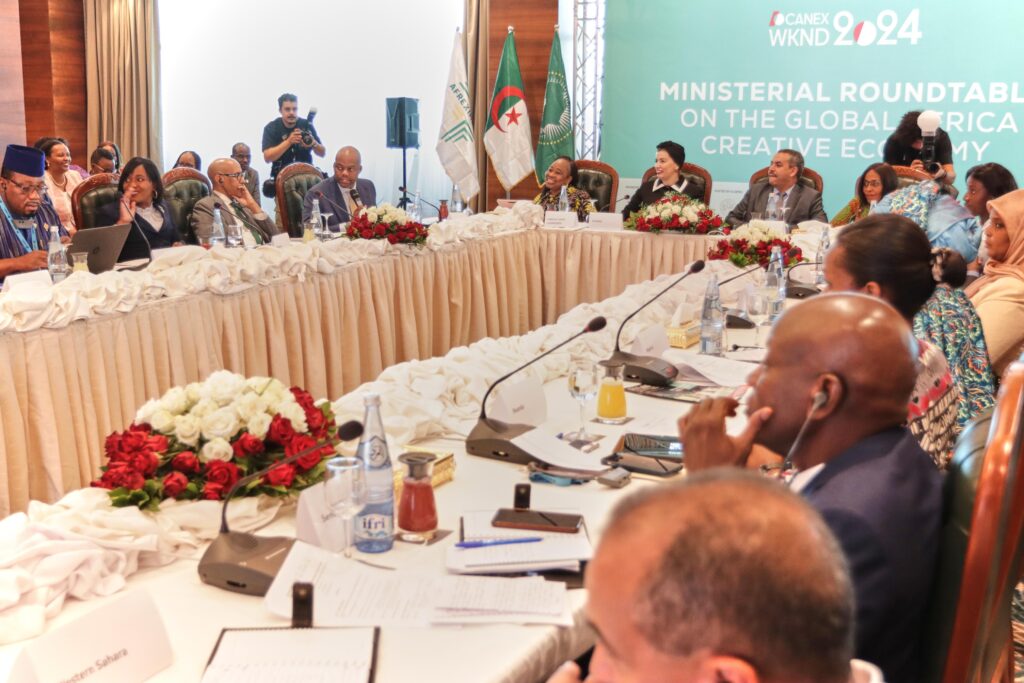
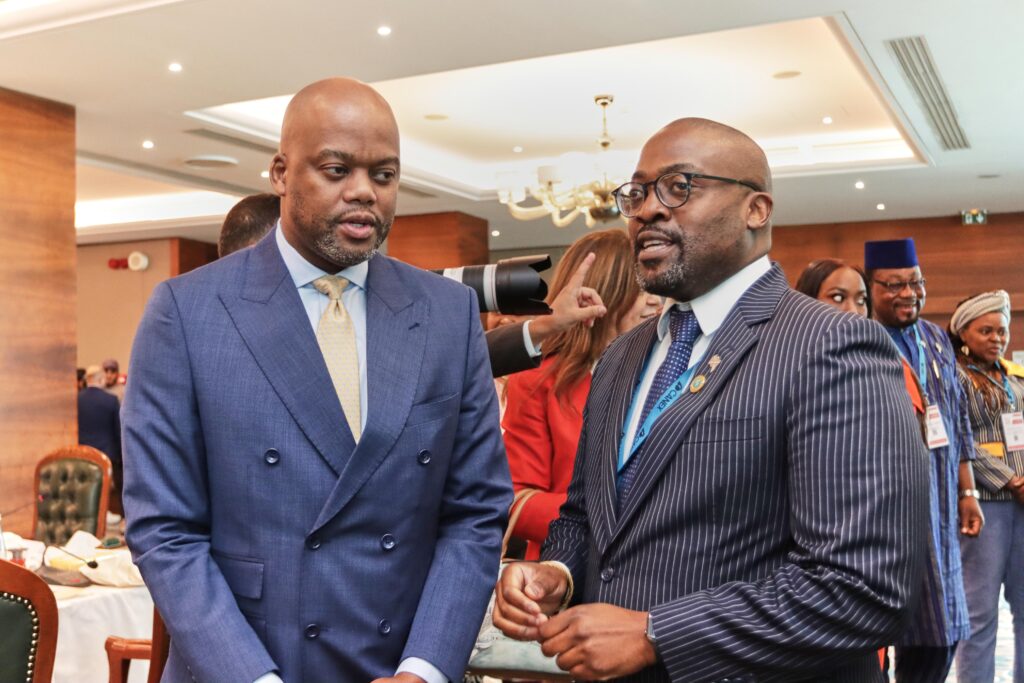
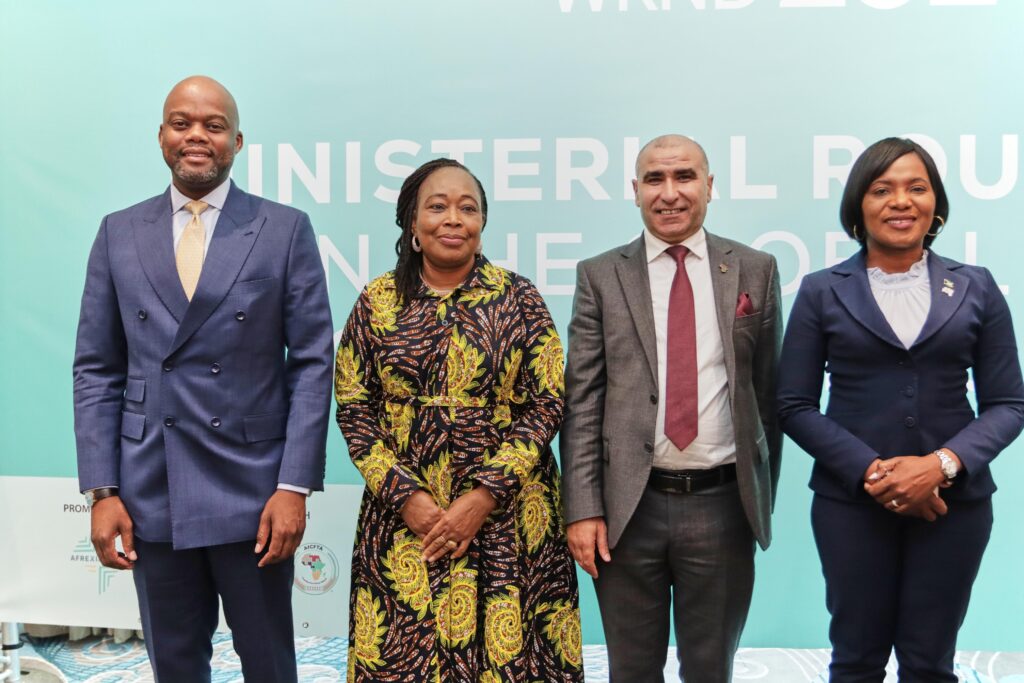
In his address, the Secretary-General also underscored the importance of the Protocol on Trade in Services, which includes key sectors such as tourism, business, recreational, and cultural services. This Protocol is essential to removing barriers that currently limit the movement of services, investment, and talent across borders. By liberalising these sectors, the AfCFTA enables Africa’s creative industries to access wider markets and compete globally.
Furthermore, the Secretary-General pointed to the critical role of digital technologies in transforming creative industries. The AfCFTA Protocol on Digital Trade, set to enhance the digital landscape, will allow Africa’s artists and creators to tap into larger national and international markets. This Protocol is designed to promote e-commerce, improve access to digital technologies, and introduce stronger protections against piracy, ensuring a dynamic future for Africa’s digital creative sectors.
Additionally, the Protocol on Intellectual Property Rights (IPR) will play a significant role in safeguarding African innovations and creative expressions. By aligning intellectual property regimes across the continent, the AfCFTA will ensure robust protection of African creators’ rights, fostering the development of creative industries and facilitating the commercialisation of cultural products.
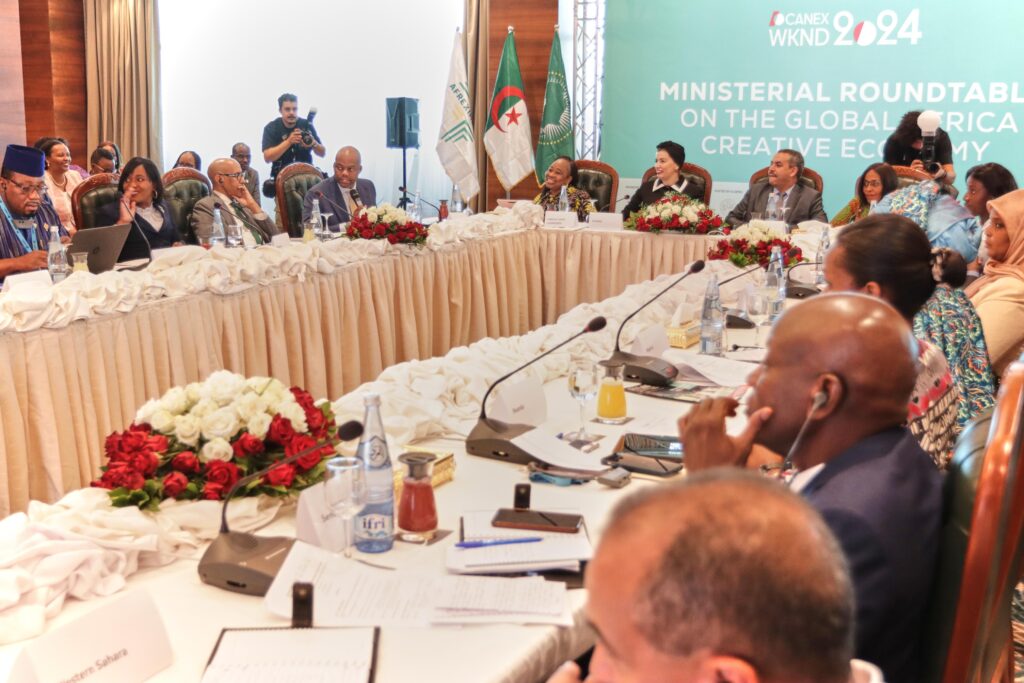
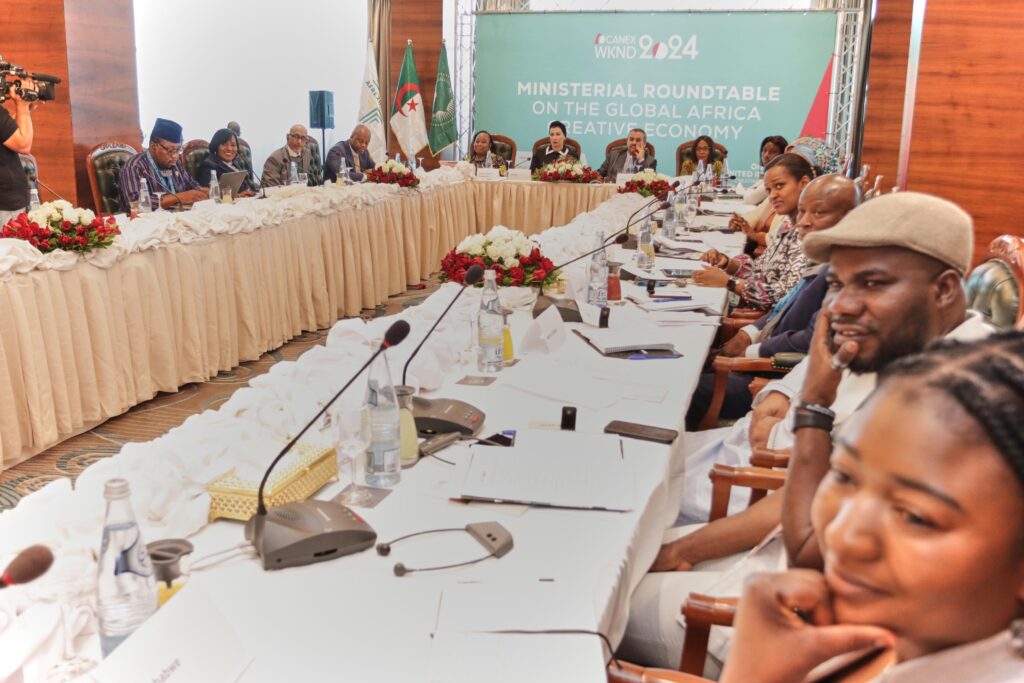
The Secretary-General also reflected on the broader economic impact of the AfCFTA. The liberalisation of key service sectors, combined with the elimination of tariff barriers, will not only enhance market access but also provide new investment opportunities, empowering both artists and entrepreneurs alike. By creating a harmonised and efficient customs process, the AfCFTA is set to allow African creatives to access wider markets and promote their work more effectively.
He concluded by urging stakeholders to invest in Africa’s creative sectors and collaborate across borders to realise the full potential of the AfCFTA. “The creative economy will become a cornerstone of Africa’s growth, fostering collaboration, resilience, and unity among our diverse cultures,” the Secretary-General remarked.
This year’s CANEX WKND brought together ministers, business leaders, and creative industry stakeholders from across Africa and the diaspora, all united in their vision of leveraging the AfCFTA to drive Africa’s creative and cultural industries forward.
